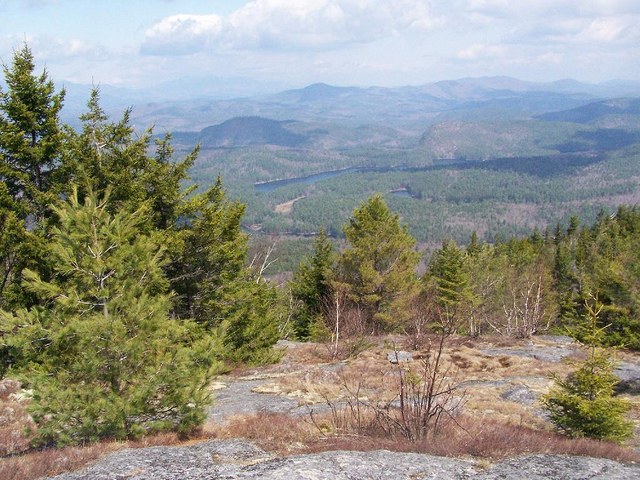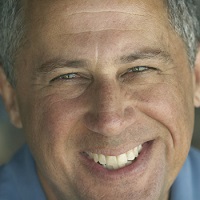Writing ain’t easy.
Over time and with experience, it does get easier, but even then it ain’t easy. But that don’t really matter, ’cause if you’re called to write, you can’t avoid it. You gotta do it. Even if your spelling and grammar aren’t too good. It don’t matter.
You just write, because you got to write.
I started writing in my late teens, mostly long unintelligible poems to record my equally unintelligible wanderings throughout the world, took a 10-year hiatus while living in an ashram, then came back to it. My first article was published in 1991, a featured article in a “new age” magazine with my name on the cover. I went sky-high with pride and self-importance; that didn’t last.
Since then, I’ve published eight books and some 250 articles. I might just now be getting the hang of it, but it still ain’t easy.
I remember reading Natalie Goldberg’s book “Writing Down the Bones,” in around 1987 or so. It helped me; it gave me energy and courage and somehow fortified my resolve to write, even though I didn’t know how, or what to say, and it wasn’t easy.
I’d like to share five of the many things I’ve learned about writing. It’s not really advice, not even to novice writers. It’s just a kind of writer-to-writer “I’ll show you mine” peek into the private bits of my writer’s soul.
1. Writing is a solitary activity.
I write at odd hours of the day and night. My muses don’t seem to care if I’m at the movies, or sleeping, or having fun with my friends. When it’s time to write, it’s time to write. But I’ve learned to welcome this constant calling to the solitude of writing. It’s a spiritual discipline like, say, meditation, which helps me explore myself to find out what’s real and true, beneath what everyone else has told me is real and true.
I think it’s very important for writers—and people—to learn how to be solitary without suffering from loneliness or sadness. If we can learn to be comfortable in solitude, if we can be alone without the compulsive need for distraction or entertainment, we’ll discover a courage and confidence that will serve us well throughout our life.
2. Writing is a process of self-discovery and self-expression.
I don’t show works-in-progress to anyone else; I don’t want to pollute my process with their opinions. Maybe I should have, but I didn’t.
I want to go to the very core of my own self to know what to write.
I want to find my own words to represent my own vision. To find one’s own vision, one’s own voice, one’s own inner strength is very important. Too many people have been persuaded to leave their dreams, of the writing kind as well as of other kinds, in the basement of their lives because of the criticism and judgments of others. Looking beneath the surface of things is how we find our soul.
Until we find our soul through this deep digging and exploration, we are not yet human. We become human when we find this inner thing that, to give it its truest name, is love.
3. I never studied writing or literature.
I never took a writing class. I received my education on the streets of my life. Education is about becoming a free, creative, powerful, authentic, compassionate human being.
Writers don’t need that much academic education.
I think the writer’s soul needs more freedom than schools can offer. Writers need to experience real life, to mingle with light and dark at the intersection of fear and courage. Academically, I have only a high school education. I’ve learned many things from my adventures in living.
Writing is really about discovering one’s own authentic voice, values, point of view and, above all, passion. Never stop learning. Never stop questioning. Never stop wondering. Be alive, curious, enthusiastic, playful, inventive, spontaneous and bold—until your very last breath. Then, whether you write or not, you’ll be a true human being.
4. Tell the truth.
I think the major responsibility of any writer is to tell the truth, the whole truth, and nothing but the truth. Of course, it’s just their truth, but nonetheless, one must tell the truth without fear of judgment, rejection or of anything else.
This is why writing is so hard. It requires a fearlessness that many people don’t want to touch.
Writing challenges us to question everything. Writing demands that we never settle into complacency.
Writers are spiritual warriors, in that they are willing to confront their demons and also find their ecstasies.
Writers can’t afford to censor their words, because they would be censoring their consciousness—which would be artistic and spiritual suicide.
Writers can’t be afraid of what they hear inside themselves; they can’t be afraid of saying anything. We, as writers and as human beings, must tell the truth, our truth—we must find out what that sounds like, what that feels like, what that tastes like.
That truth is where you exist as a soul.
5. Be a light unto yourself and a friend unto others.
Be curious and courageous. Don’ be afraid to walk away from the beaten path. Don’t be afraid of your own self. Oh, and don’t worry about grammar and punctuation. Let the sentences of your life run on and on.
Just roar—let the cosmic roar of the universe rip through you.
Even among the hundreds of other writers, your words will be unique. You are the only person who can write what only you can write.
Writing isn’t a competition.
You win by being yourself.
Love elephant and want to go steady?
Sign up for our (curated) daily and weekly newsletters!
Apprentice Editor: Kim Haas / Editor:
Photo: Andy Arthur via Flickr











Read 2 comments and reply